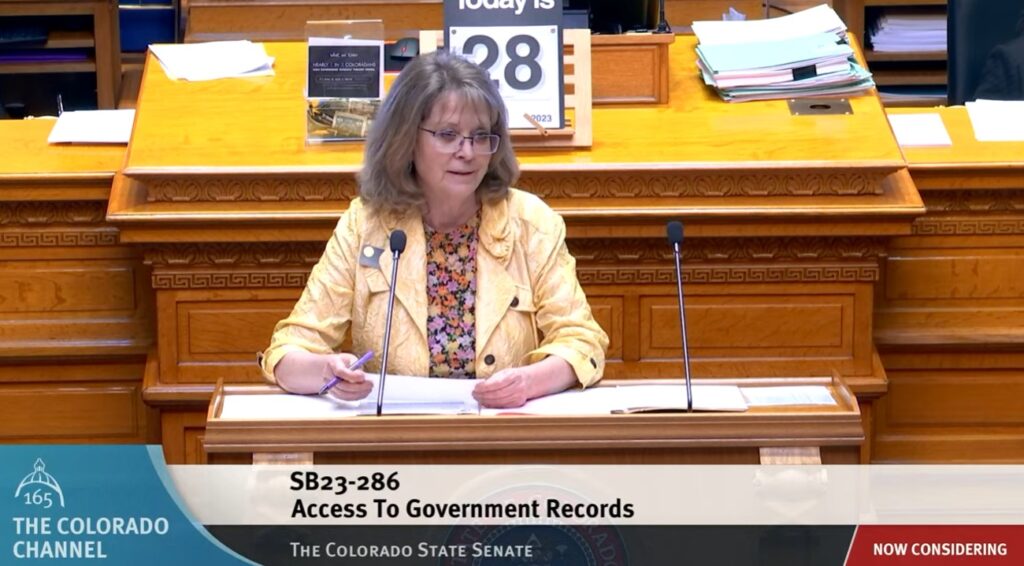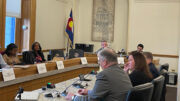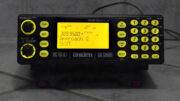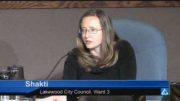By Jeffrey A. Roberts
CFOIC Executive Director
Legislators Friday defeated a CORA bill amendment, proposed by Sen. Barbara Kirkmeyer, aimed at opening records on the Democrats’ use of a secret survey to help decide the fate of bills requiring state funding.
Kirkmeyer, a Brighton Republican, listed several reasons why she believes use of the anonymous “quadratic voting” system by the House and Senate Democratic caucuses — reported on extensively by KUNC public radio — violates the Colorado Open Meetings Law.
Her reasons mirrored arguments made by the Colorado Freedom of Information Coalition in a letter sent last fall to legislative leaders. CFOIC noted the Colorado Supreme Court’s 1983 ruling in Cole v. State, holding that legislative caucus meetings are subject to the open meetings law. We pointed to the law’s prohibition against meeting via electronic means unless the public is provided notice and an opportunity to observe. And we cited the law’s prohibition against public bodies using secret ballots to adopt any “position.”

Kirkmeyer’s proposal came during Senate floor debate on Senate Bill 23-286, which modernizes some aspects of the Colorado Open Records Act.
The amendment, which lost on a standing vote, would have changed CORA’s definition of work product, non-disclosable records assembled for the benefit of elected officials to help them make decisions. Kirkmeyer wanted to make sure “the results of any quadratic voting conducted by members of the General Assembly” could not be deemed work product.
“You don’t get to try and hide the top-secret survey or the top-secret survey results by saying it’s work product, not when you are using the top-secret survey results to determine if bills live or die or to make decisions on which bills get to go forward based on how much money is in them and do we want to put them in the budget or not,” she said. “You don’t get to do that.”
In 2022, Democratic legislators and the Office of Legislative Legal Services denied KUNC’s request for the quadratic voting results, citing CORA’s work product exception.
This session, Senate President Steve Fenberg, D-Boulder, still maintained the results are protected work product but waived the protection to release spreadsheets of rankings on 140 bills to KUNC and The Denver Post. The spreadsheets don’t show how individual lawmakers cast their votes in the online survey.
“The public should be able to see how every lawmaker filled out the survey,” Kirkmeyer said. “You’re going to put it in electronic format, you’re going to fill out a survey, the public has the right to see that. It is a public document.”
No other senators spoke about Kirkmeyer’s proposal before it was voted down.
Follow the Colorado Freedom of Information Coalition on Twitter @CoFOIC. Like CFOIC’s Facebook page. Do you appreciate the information and resources provided by CFOIC? Please consider making a tax-deductible donation.




